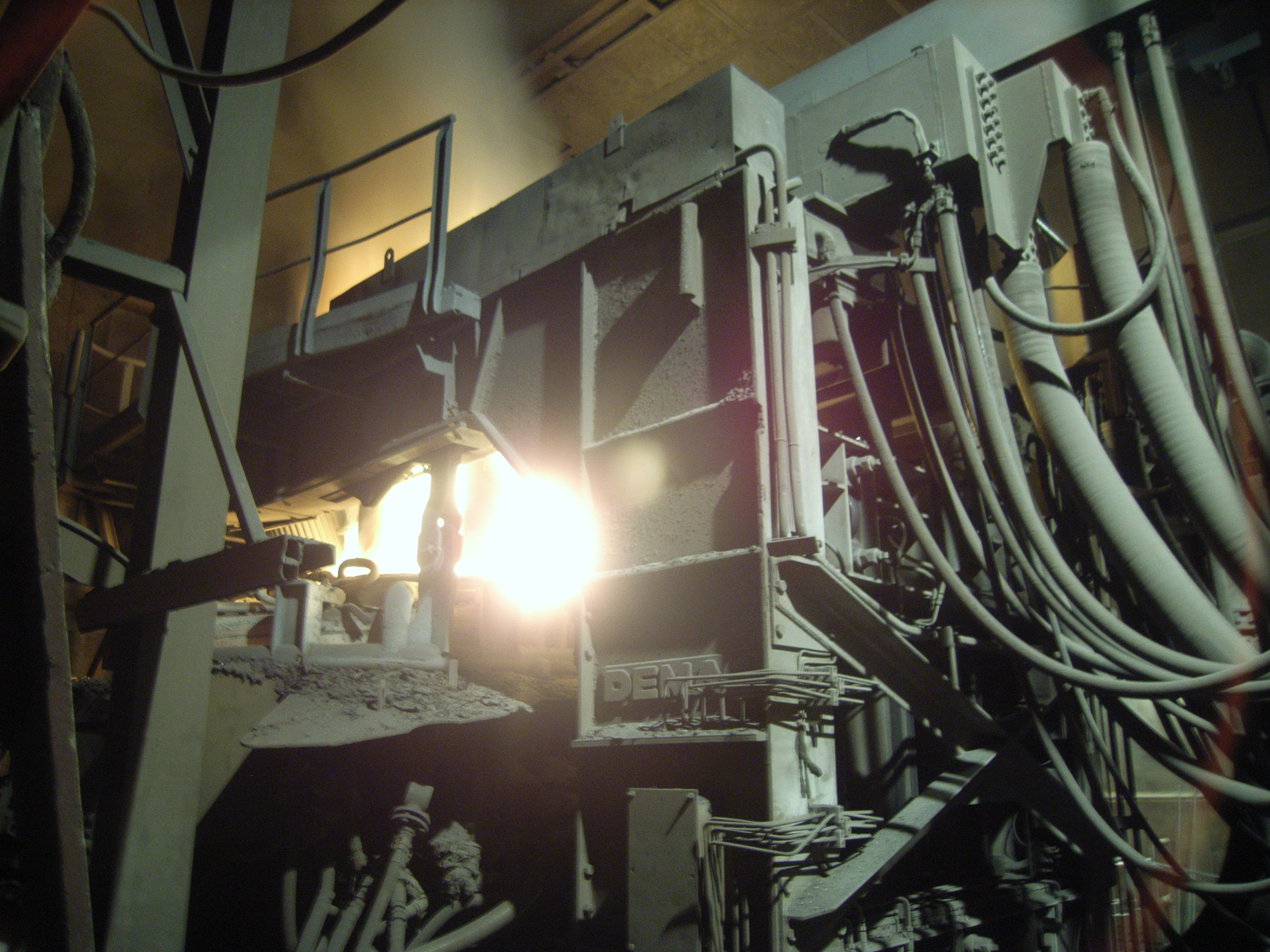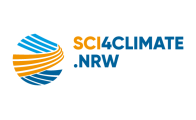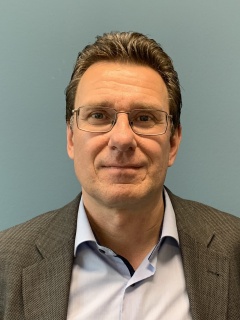SCI4climate.NRW - Scientific support of the climate-neutral transformation of industry

Initial situation:
SCI4climate.NRW stands for the scientific monitoring of industrial transformation. It analyzes transformation paths for the climate-neutral conversion of industry in Germany: What technologies are available and what prerequisites and new infrastructures does the transition need? What contribution can the circular economy make? And how can policymakers support the transition? North Rhine-Westphalia serves as a model region in this process - this allows research questions to be dealt with in an application-oriented and concrete manner.
Project targets:
In the project, several partners are involved in research on the following topics:
- Technology and infrastructure,
- Value chains, circular economy and digitalization,
- Pathways of industrial transformation,
- Political implementation.
As part of the “Technology and Infrastructure” topic area, the BFI is looking at the options for using biomass in the steel industry: Even after the transformation of iron and steel production, in the future carbon still will be needed as a feedstock, for example as an alloying element in steel. These remaining carbon needs are identified and quantified on the basis of the actual state. The replacement ratio of the identified carbon streams with products from biomass is estimated and the possible bio-carbon input quantity is determined. Based on the biomass input, technical options for closing the carbon cycle are also identified and evaluated, as are the possible forms of use and processing for biomass.
As part of the topic area “Value chains, circular economy and digitalization”, the BFI is researching the effects of the transformation of the steel industry on material flows and value chains.
This includes the question of the extent to which the material flows of residual materials and by-products in the steel industry are changed by the transformation towards climate neutrality (this applies in particular to slag, filter dust and sludge) and how these changes in turn affect the further utilization of these materials. The basis for this is a quantitative inventory of the material flows in the current state and in selected scenarios for the transformation. We look at the effects on the composition of the materials and their quantity, quality and recyclability. Building on this, we develop concepts for how the material flows can continue to be used in the future, both within and outside of the steel industry and which recycling processes can further improve recycling.
The project is funded by the Ministry of Economic Affairs, Industry, Climate Protection and Energy of the State of North Rhine-Westphalia.
Further information about the project: SCI4Climate.NRW




